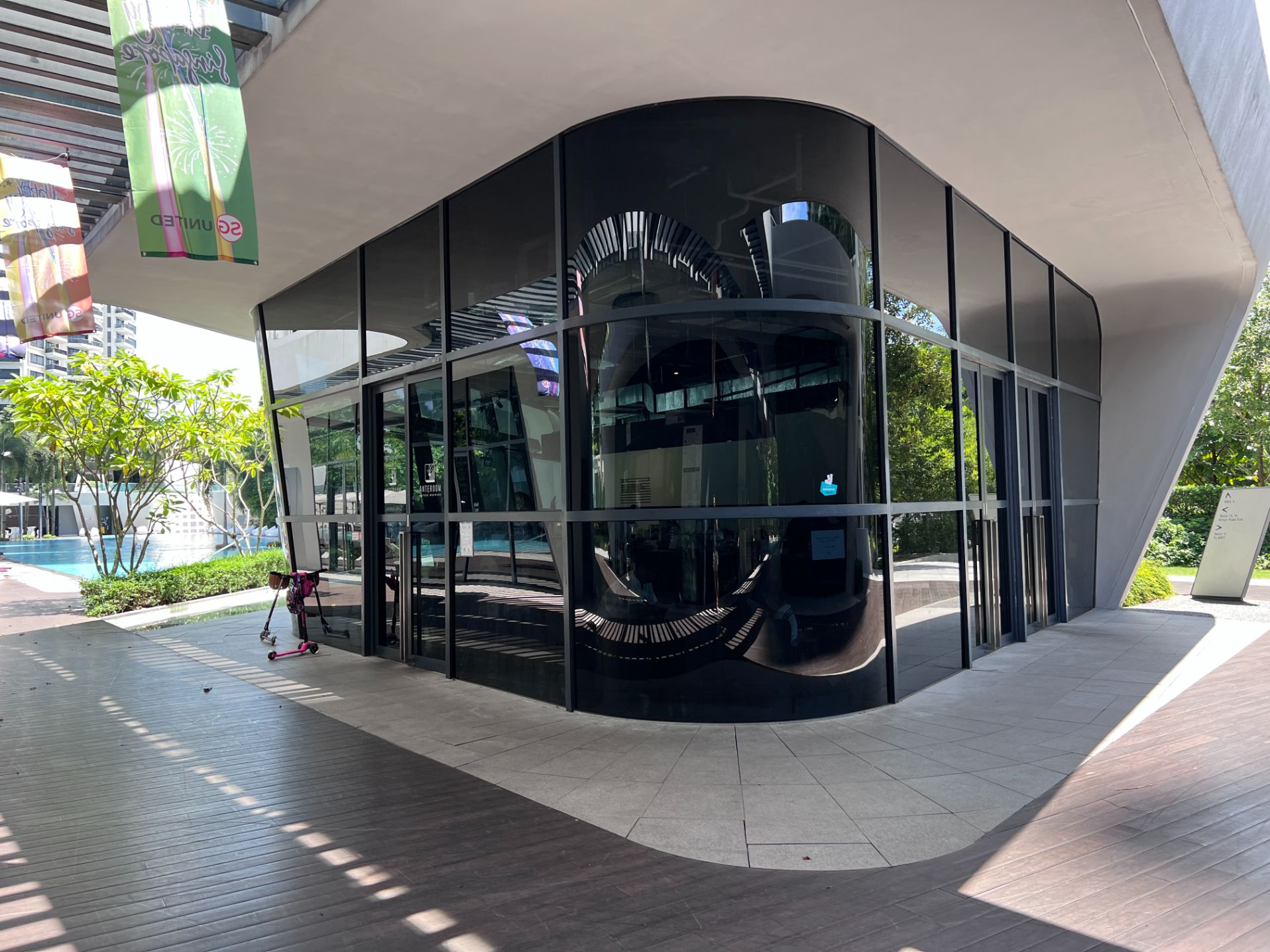“My Dad Didn’t Let Me Sell Our Old Walk-Up” 3 Biggest Regrets Of Home Buyers Who Used The Bank Of Mum And Dad
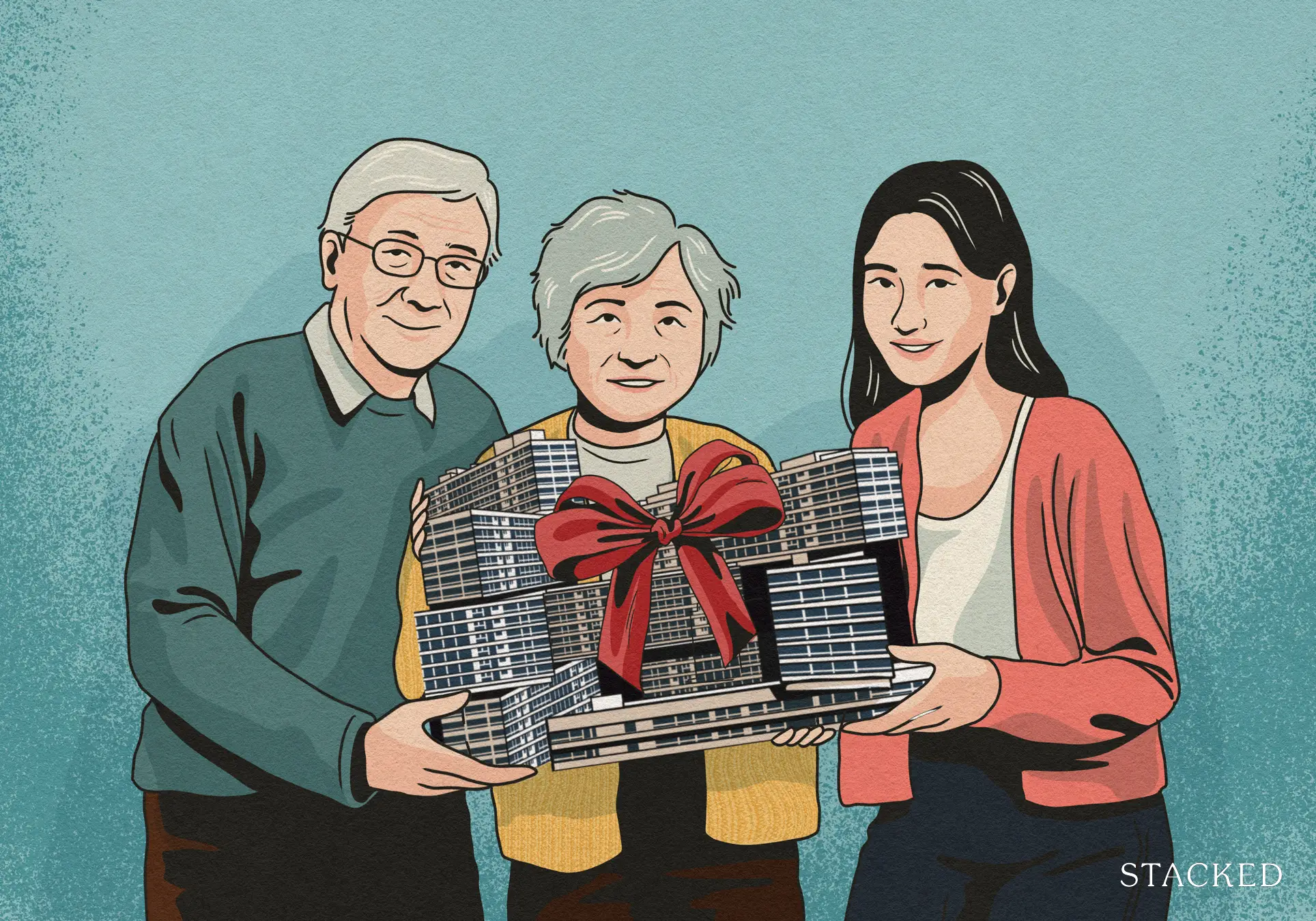
Get The Property Insights Serious Buyers Read First: Join 50,000+ readers who rely on our weekly breakdowns of Singapore’s property market.
A seasoned content strategist with over 17 years in the real estate and financial journalism sectors, Ryan has built a reputation for transforming complex industry jargon into accessible knowledge. With a track record of writing and editing for leading financial platforms and publications, Ryan's expertise has been recognised across various media outlets. His role as a former content editor for 99.co and a co-host for CNA 938's Open House programme underscores his commitment to providing valuable insights into the property market.
Given how high property prices are today, it’s not surprising that more home buyers are turning to their parents for help. It’s also part of the great wealth transfer that’s happening in Singapore; and culturally, parents are anxious if their children aren’t homeowners too. But when these seemingly simple arrangements go wrong… they can go very, very wrong indeed. Here are some cases we’ve come across:
1. The tenants who get to stay for free
Maddy (not her real name) told us a story about a nightmare condo investment, which she made with his parents. This was back in 2011, when Maddy had the idea to purchase an old resale three-bedder, close to the institute where she teaches. The idea was that Maddy would live in the master bedroom, while renting out the other rooms; the rent, eventual resale profits, etc. would all be split between her and her parents.
This would serve the dual purpose of giving Maddy her own space near work, whilst also providing something in the way of “forced savings”, which was how she regarded her share of the condo.
“For the first two years it was great,” Maddy says, “But when the first two tenants left, there was a vacancy as the rental market was soft in 2013. That’s when my parents first asked if my cousins, who were moving house, could stay while their house was being renovated.”
Although Maddy wasn’t happy with this, she agreed as her parents had a share in the home too. However, after this, her cousins requested an extension of their stay, which her parents again agreed to – and they were staying without paying any rent.
Things came to a head when the agent found a tenant, but her relatives were not ready to move out:
“My parents refused to tell them to move out, they kept saying they’re family and we have no choice. Meanwhile, they’re staying there and not paying utilities and not paying rent, and I don’t know why their renovation was almost going to be half a year already.”
This was a prelude to further issues, as a few years down the road, Maddy’s parents again asked to accommodate a relative visiting from abroad. This turned into another extended stay without rent. She also gave up another room for one year, to a friend of her father’s from Malaysia.
Maddy has abandoned the idea of the condo as a rental asset, as her co-owners (her parents) seem to treat it like a holiday home for friends and relatives. However, she doesn’t feel she has the right to gainsay them, as “in the end without them, I don’t even have this house.”
2. Being forced to “hold to the end”
ML co-owns an old walk-up, purchased with the help of his father in the ‘90s. ML’s father still prefers to stay in his own terrace house, so ML is the only one living there.
As with most walk-up apartments, they tend to be quite old; and this one in particular dates back to the early ‘70s. ML says the deterioration of the walk-up is so bad, that he can “smell a kind of rusty smell, like the sort in old public toilets,” when he turns on some of the faucets; and there are three leaks from the unit upstairs that eep into one of the bedrooms, the living room, and the master bedroom’s en-suite bathroom.
ML says he has spoken to his neighbour upstairs, a retiree who simply says he has no money to fix the issue. The common corridors are also in a poor state, and need repainting. Simply put, the condition of the walk-up is terrible, and ML wants to sell and move out.
“Unfortunately my dad has a very old school mentality of ‘never sell the land.’ To him, once you buy you hold on forever, and you only get another house if you can afford a second property.”
But a second property is tough for ML, as he would face a 20 per cent ABSD on the second unit. Also, ML says his father has been influenced by friends, who have nagged him into waiting for an en-bloc sale rather than selling.
More from Stacked
Distressed Property Sales Are Up In Singapore In 2025: But Don’t Expect Bargain Prices
Mortgagee listings were up as of Q1 2025. Also referred to as distressed properties, these are homes that have been…
ML says it’s “Frustrating, the state of the place is embarrassing when I have guests, but I won’t sell without my dad’s consent as it’s his house too.”
ML also worries about his age, saying that moving and financing a new home will be tougher as he gets older. Currently, he has plans to move in elsewhere with his partner and try to rent out the unit, splitting the rental income with his father; but he’s still uncertain if he’ll get the green light to go ahead.
3. Problems getting along under the same roof
PK was in his early 30s when he bought a new four-bedder condo with his parents. To finance the purchase, his parents had sold their previous 4-room flat – at the time, it was believed the unit was large enough for all of them (including two other family members) to be a long-term home.
However, PK says the sale of the flat “barely covered” the down payment. PK also had to agree to be a co-borrower, to help with the loan. At the time, he was still single, knew little about properties, and thought of it as an advantage:
“I felt grateful, like I was being given a condo, so I didn’t think things through when I agreed.”
A few years later though, PK was engaged, and this was where the trouble started.
“I couldn’t get a BTO flat, as I already owned a private property; the condo was also under my name. This was not something I knew would happen, as I didn’t do my homework before signing. So at first, we decided we would move into the condo with my family.”
PK says this was also viable as, at the time, his sister had been staying at her boyfriend’s home.
“But eventually there was a lot of friction,” PK says, “As my father was not too happy with my fiance’s job as a promoter, and he was always harassing her about how she would need to work late, hang around in bars, and so forth.
At the same time, she (the fiance) was not happy that we couldn’t get our own place, as she felt uncomfortable living with my parents.”
The final push was when PK’s sister needed to move back in, after a break-up with her boyfriend.
“We had to take my name off the condo, and I had a lot of flaming hoops to jump through. The bank wanted to close the loan because I was no more a co-borrower; and we were stuck as my parents’ income was not enough without me. We had to scramble for cash and put down a big deposit with the bank.
I also spent a lot of my own savings on the condo. I contributed about $20,000 to the renovations, all these sorts of things made it hard for me to buy my own place.
We resolved everything in the end, but it spoiled the relationship between my fiance and my parents. I don’t mind the things that happened, but she felt I got ‘burned’ by my own parents about money issues.”
As some final salt in the wound, PK and his fiance had to look for a resale flat, which was older and more expensive. Because he had just sold a private property, PK would have had to wait for 30 months before he could ballot for a BTO flat.
(Note: it could have been worse today; PK could have had to wait 15 months to buy a resale flat after selling the condo, as he’s not yet 55 years old).
Do you have any stories about co-owning homes with parents? Let us know below. You can follow us on Stacked for more stories of homeowner experiences in Singapore’s private property market. If you’d like to get in touch for a more in-depth consultation, you can do so here.
Ryan J
A seasoned content strategist with over 17 years in the real estate and financial journalism sectors, Ryan has built a reputation for transforming complex industry jargon into accessible knowledge. With a track record of writing and editing for leading financial platforms and publications, Ryan's expertise has been recognised across various media outlets. His role as a former content editor for 99.co and a co-host for CNA 938's Open House programme underscores his commitment to providing valuable insights into the property market.Read next from Homeowner Stories
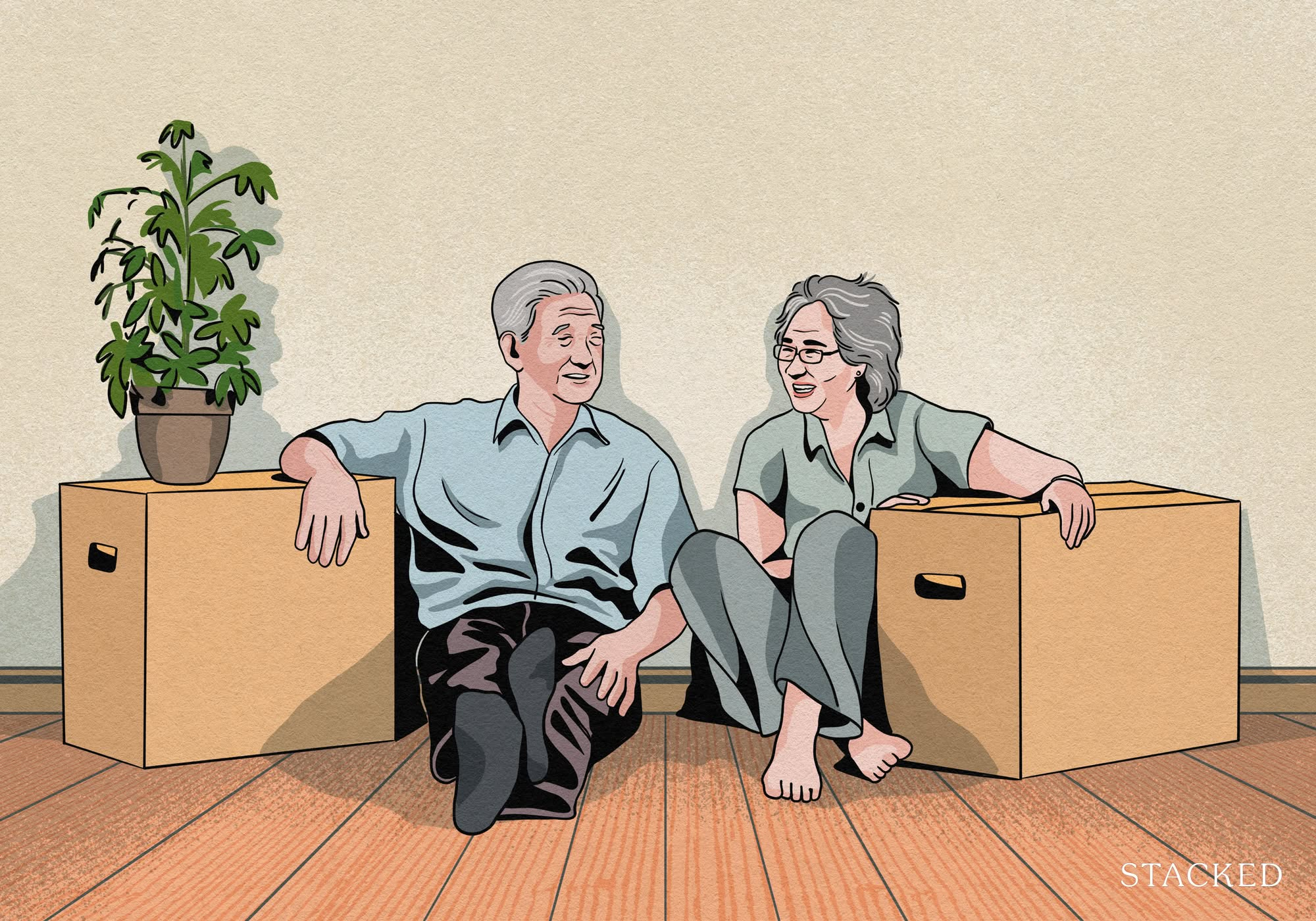
Homeowner Stories “If We Sell, We’ll Never Have A Home This Big Again”: What Singaporean Parents Do After The Kids Move Out
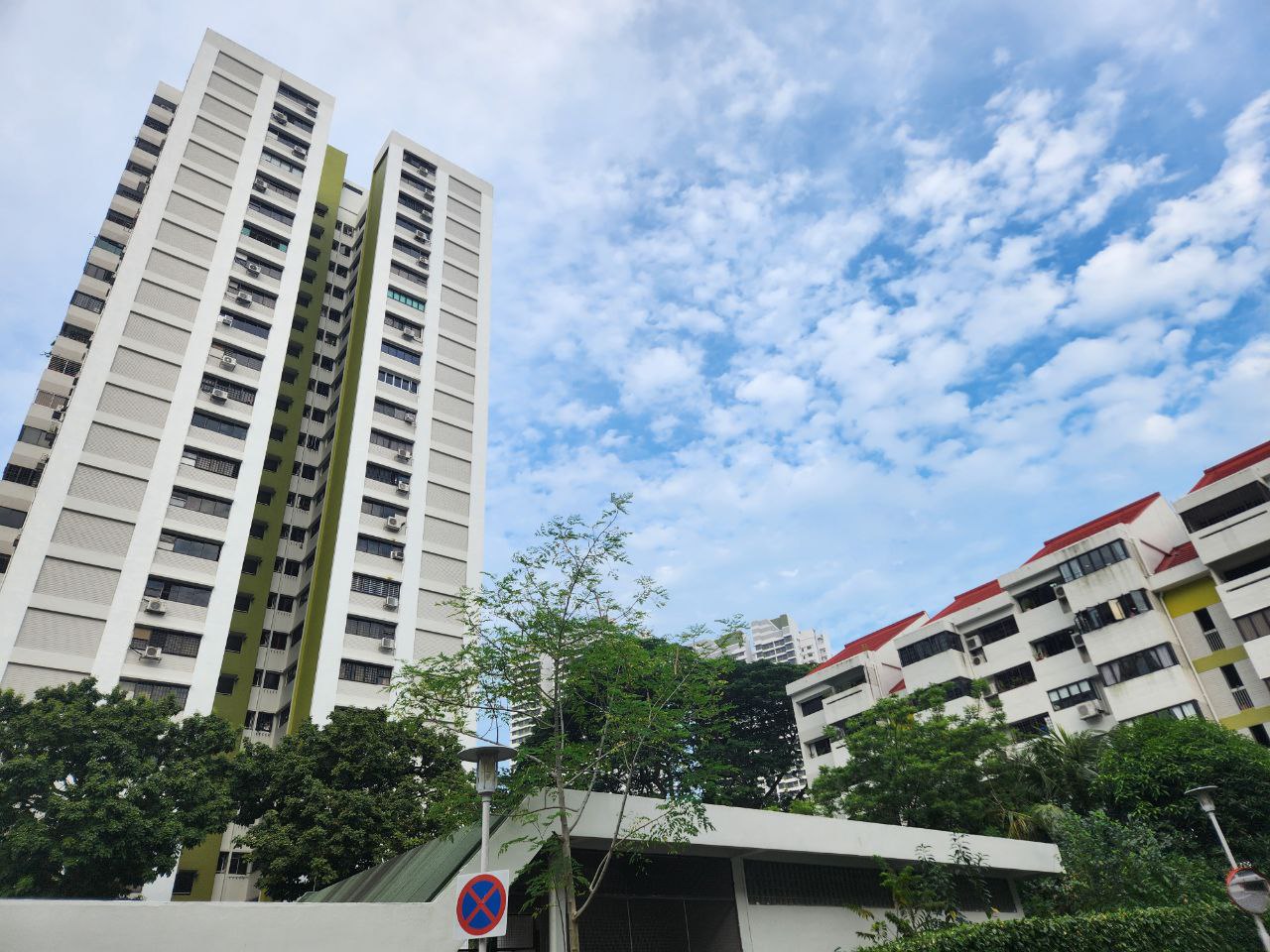
Homeowner Stories I’ve Lived In Braddell View For 14 Years: What It’s Like To Live In Singapore’s Largest Residential Site
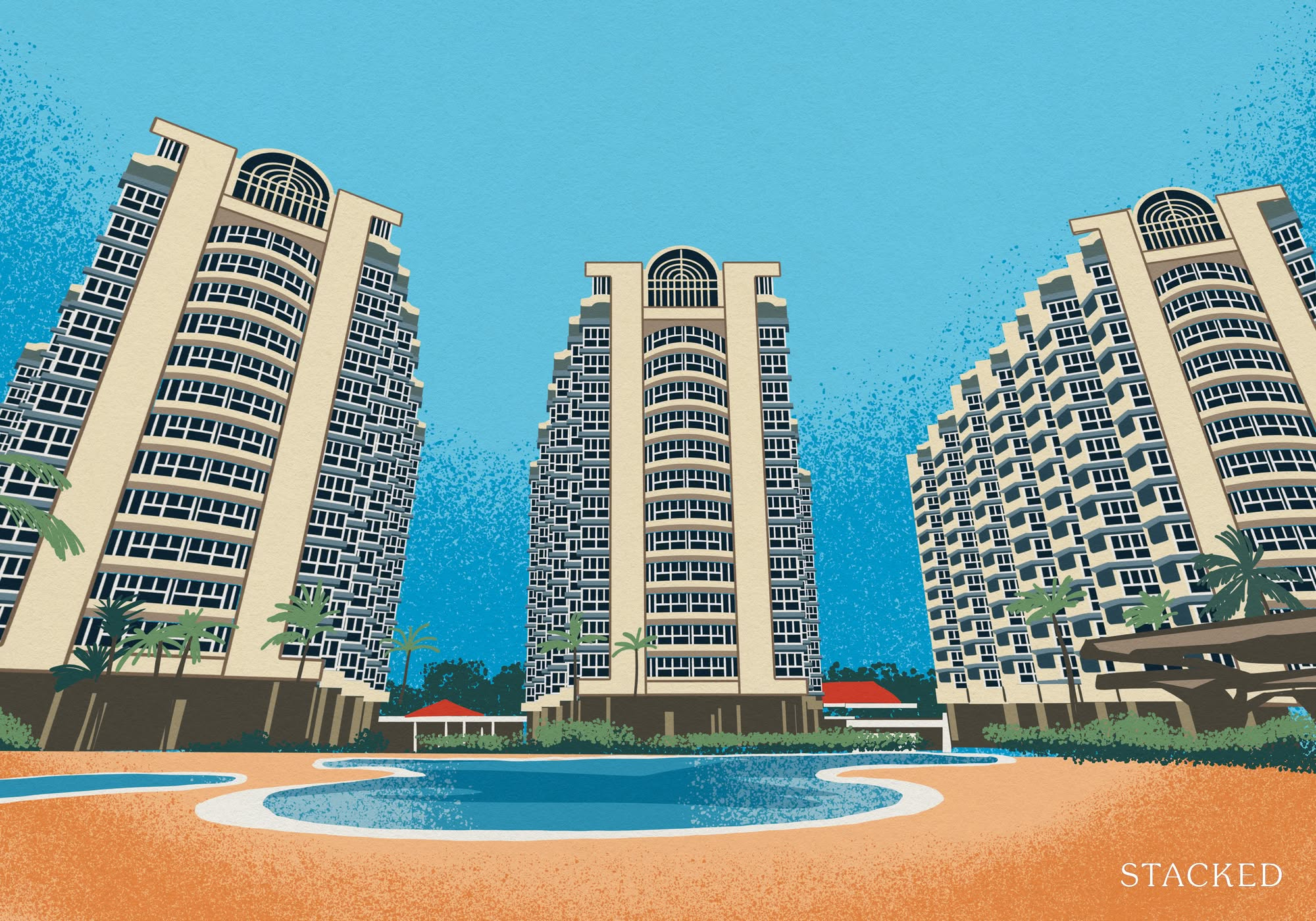
Homeowner Stories Why These Buyers Chose Older Leasehold Condos—And Have No Regrets
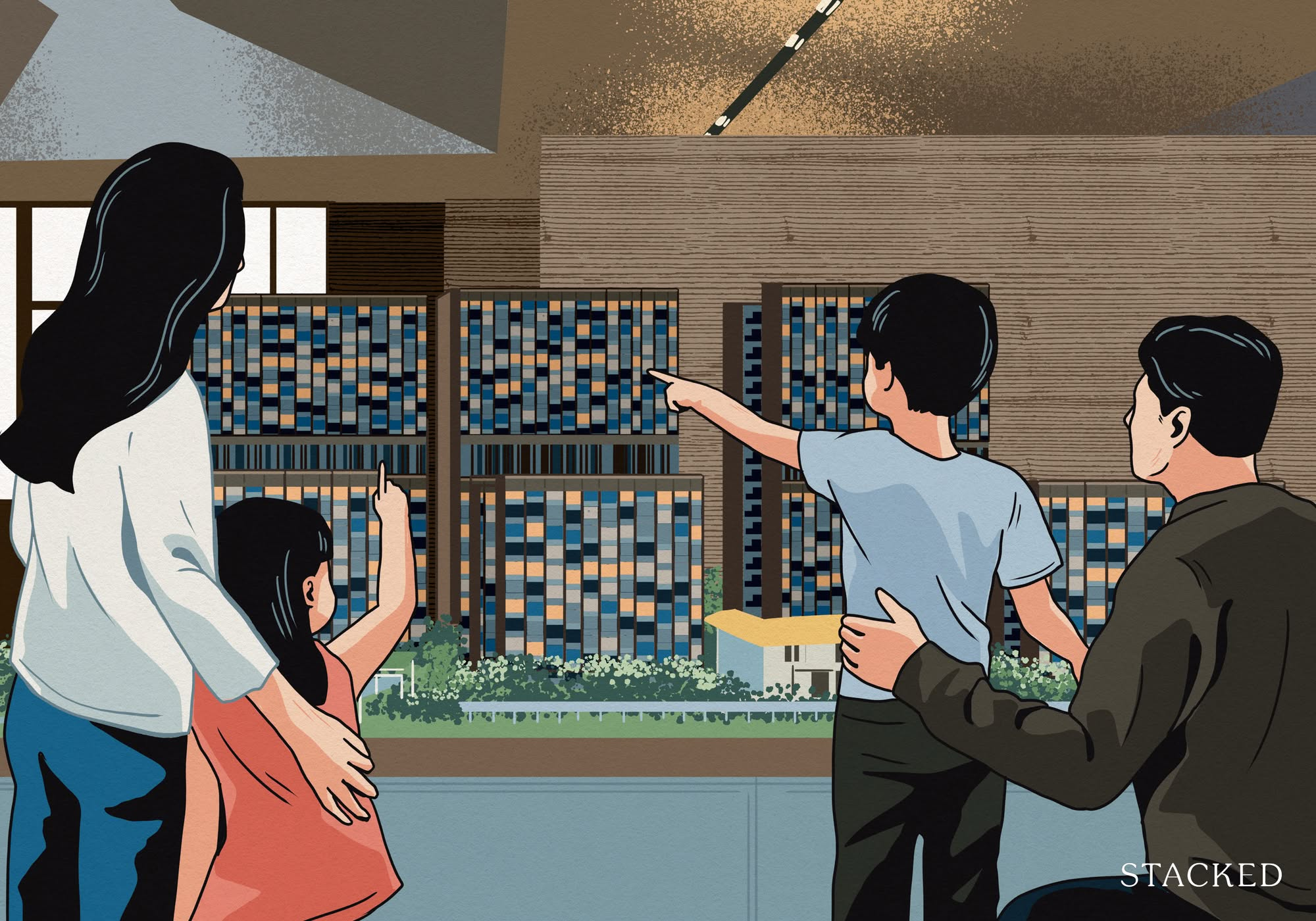
Homeowner Stories Why We Chose A $2.7M 4-Bedder At Lentor Mansion Over A Resale Condo
Latest Posts

New Launch Condo Reviews LyndenWoods Condo Review: 343 Units, 3 Pools, And A Pickleball Court From $1.39m
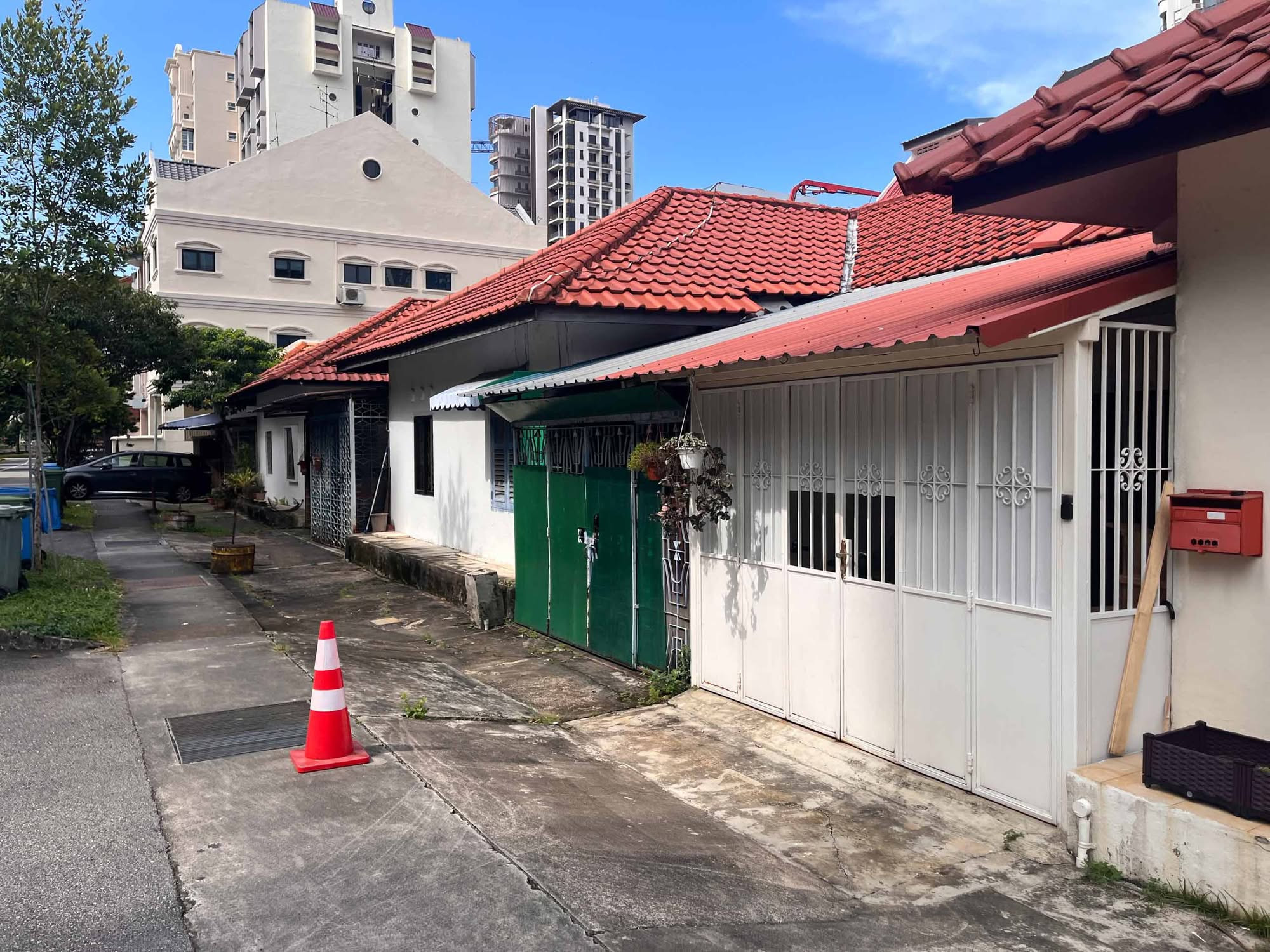
Landed Home Tours We Tour Affordable Freehold Landed Homes In Balestier From $3.4m (From Jalan Ampas To Boon Teck Road)
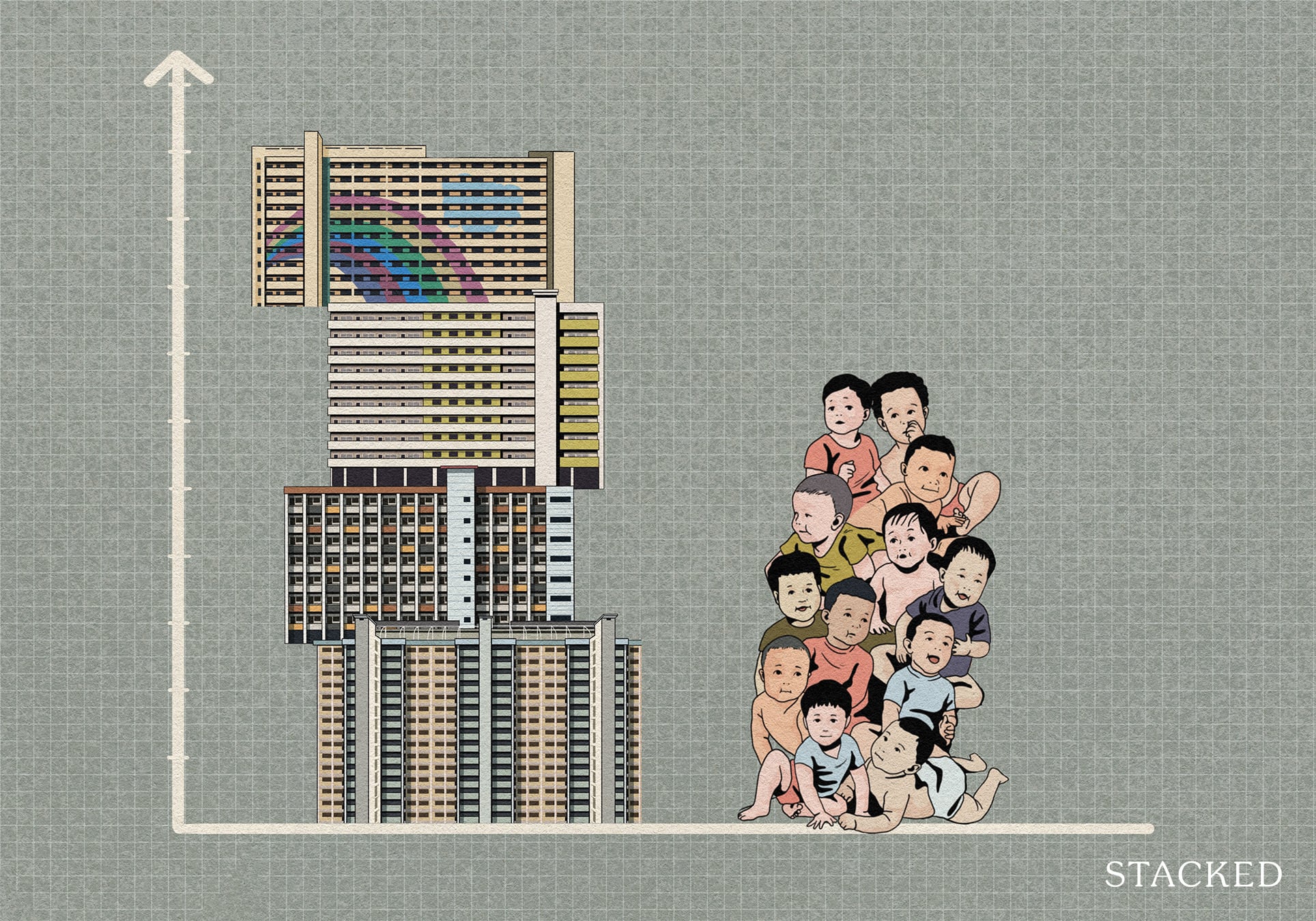
Singapore Property News Is Our Housing Policy Secretly Singapore’s Most Effective Birth Control?

Property Market Commentary Why More Young Families Are Moving to Pasir Ris (Hint: It’s Not Just About the New EC)
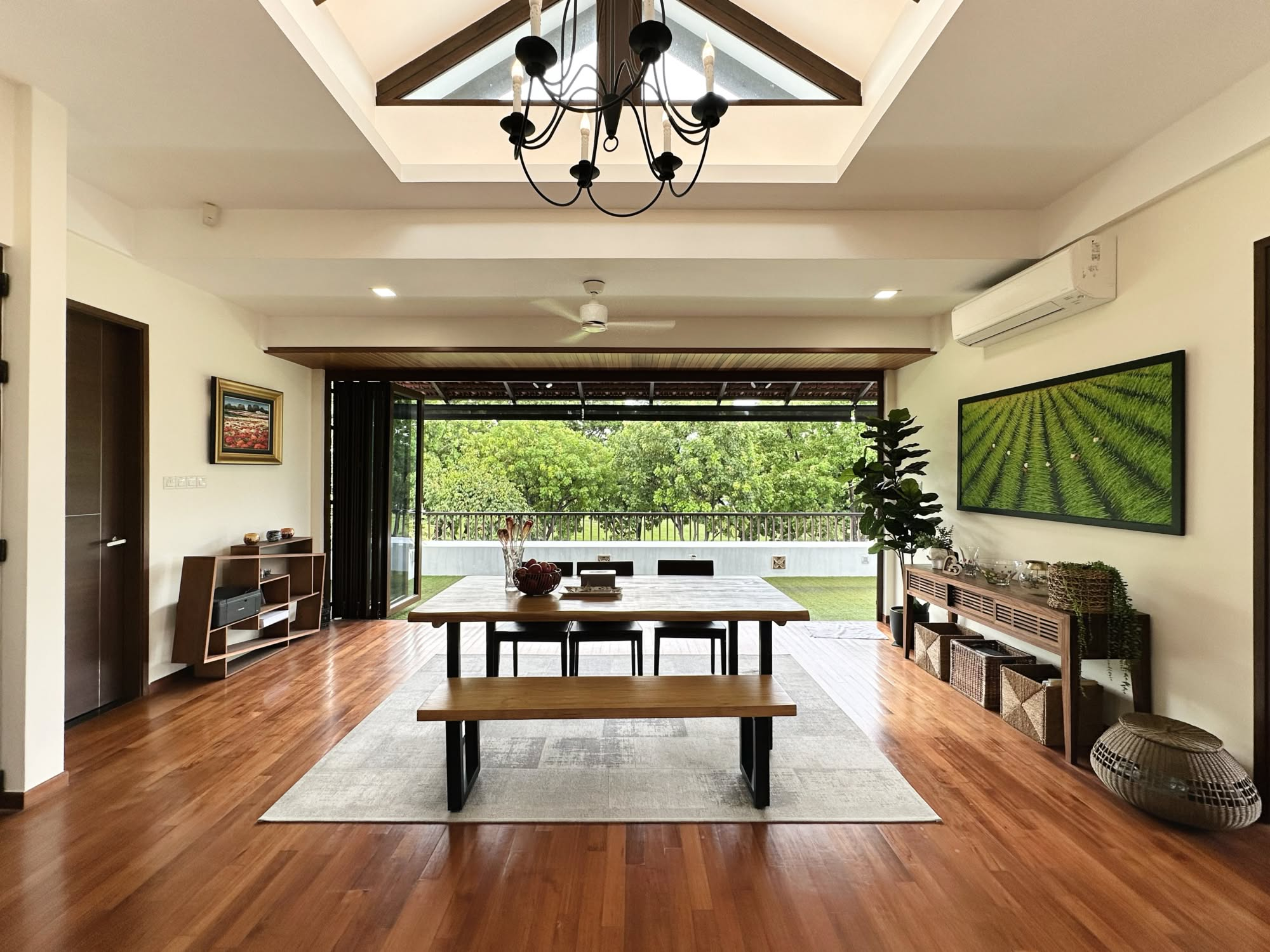
On The Market A 10,000 Sq Ft Freehold Landed Home In The East Is On The Market For $10.8M: Here’s A Closer Look

On The Market 5 Spacious Old But Freehold Condos Above 2,650 Sqft
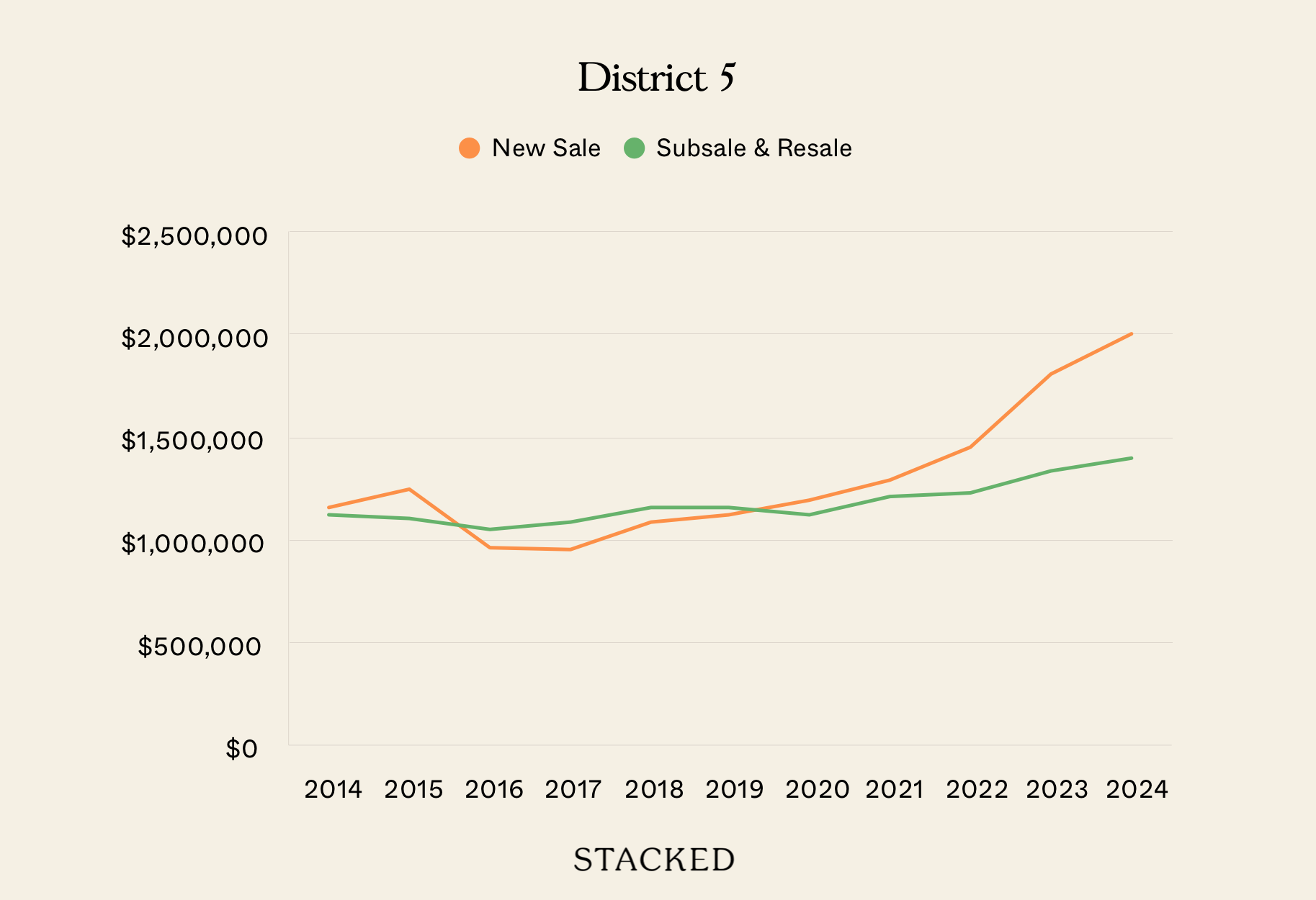
Property Investment Insights We Compared New Launch And Resale Condo Prices Across Districts—Here’s Where The Price Gaps Are The Biggest
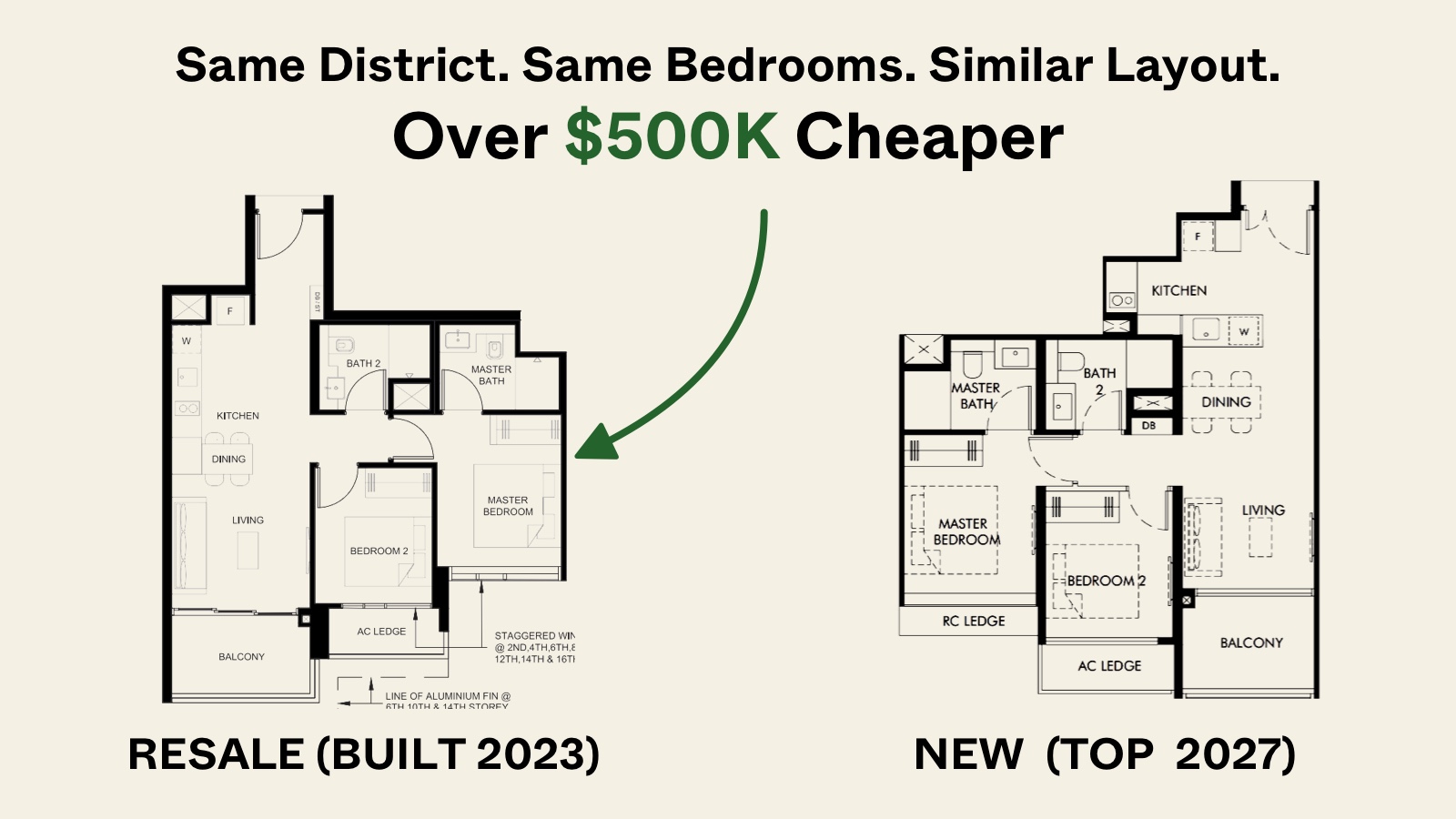
Pro Similar Layout, Same District—But Over $500K Cheaper? We Compare New Launch Vs Resale Condos In District 5
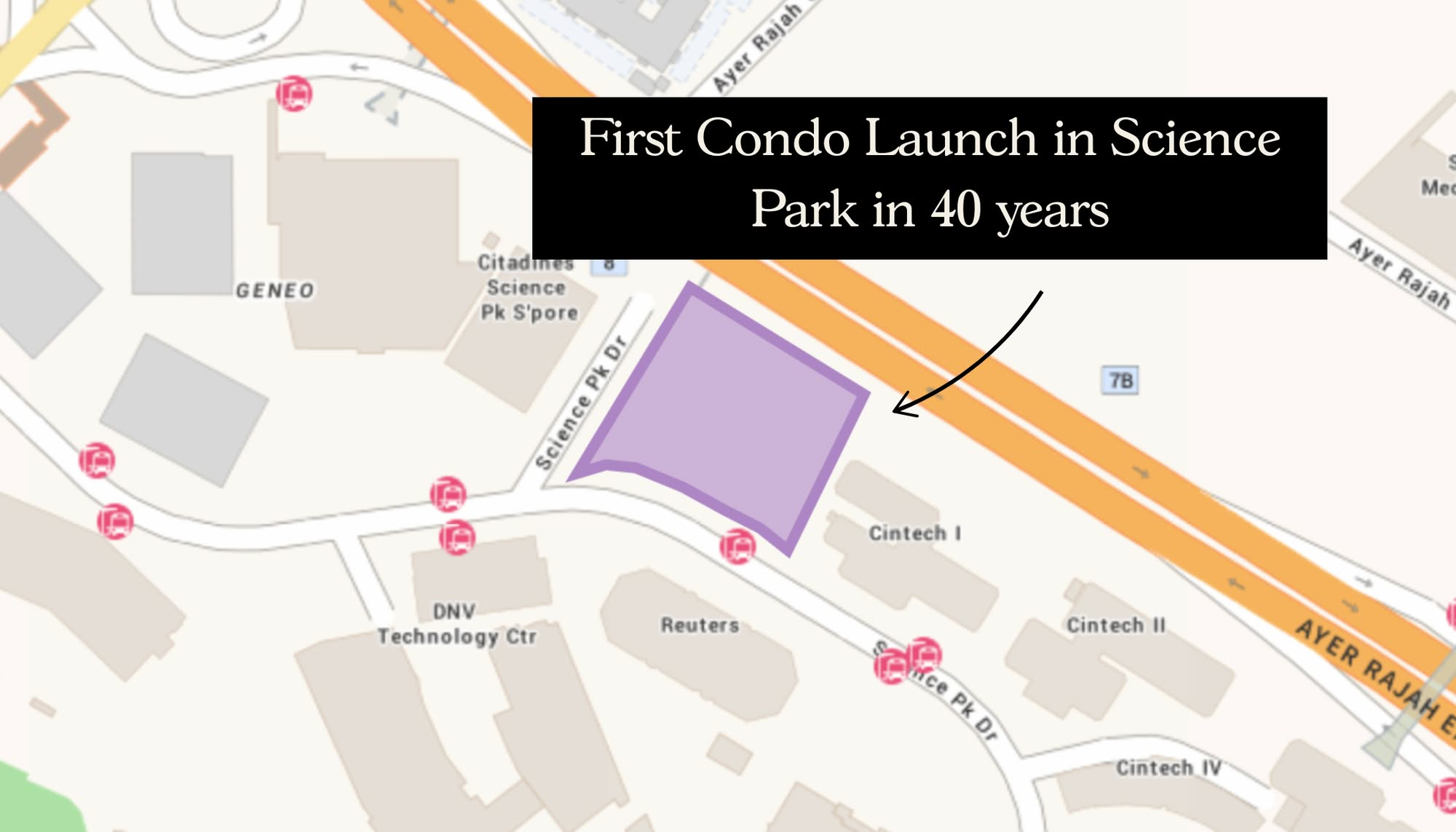
New Launch Condo Analysis The First New Condo In Science Park After 40 Years: Is LyndenWoods Worth A Look? (Priced From $2,173 Psf)

Editor's Pick Why The Johor-Singapore Economic Zone Isn’t Just “Iskandar 2.0”
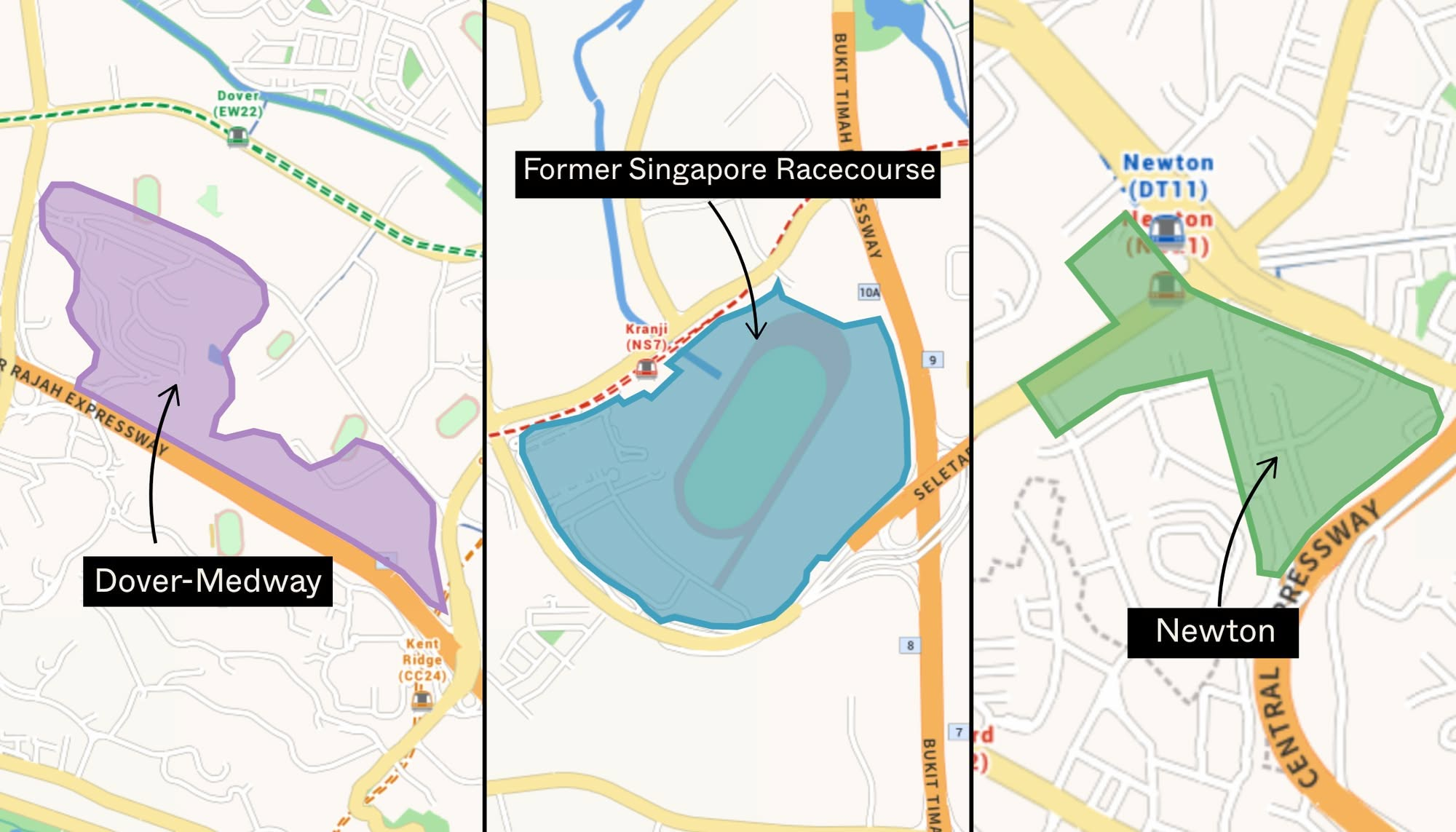
Editor's Pick URA’s 2025 Draft Master Plan: 80,000 New Homes Across 10 Estates — Here’s What To Look Out For
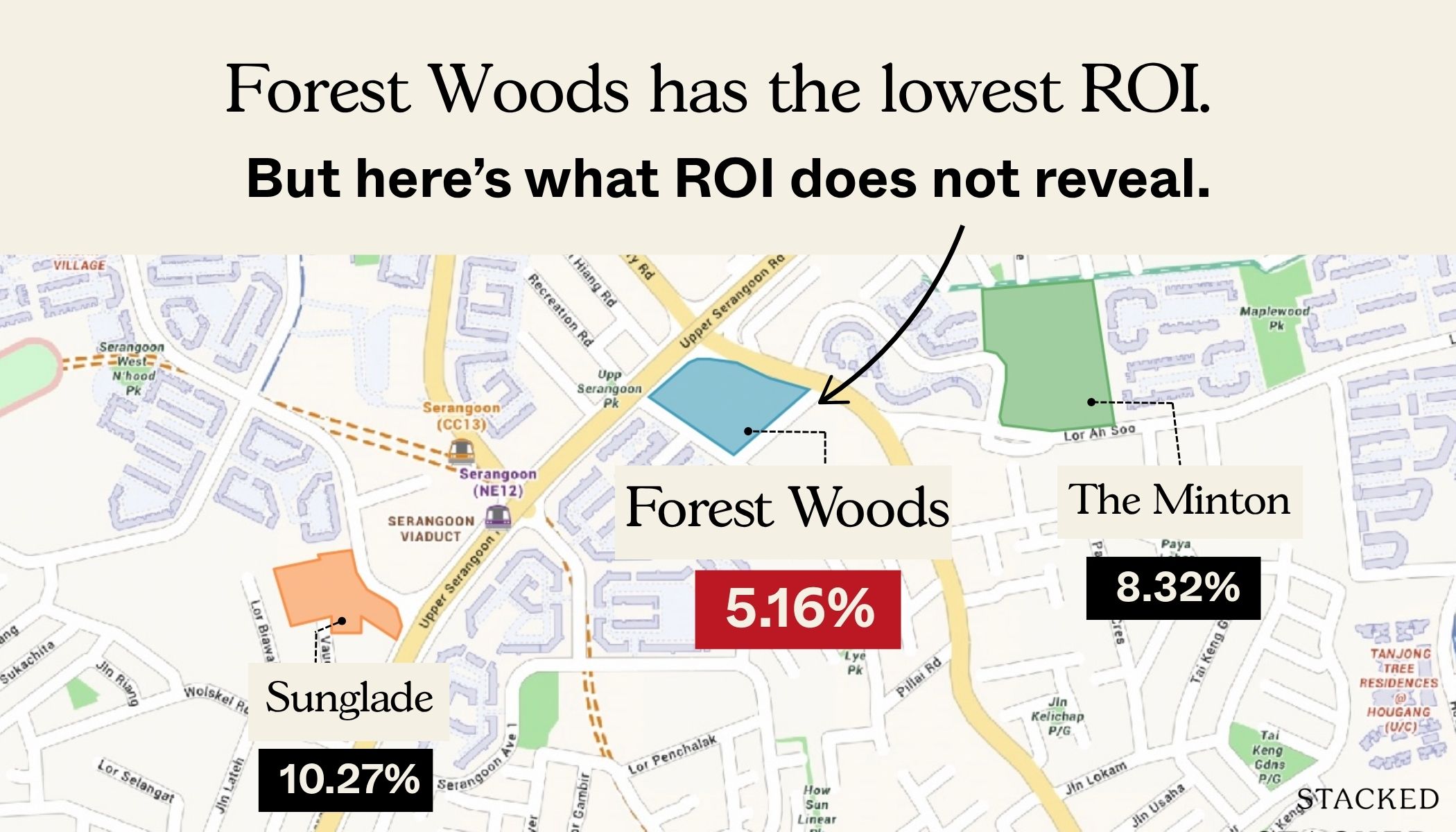
Pro Analysing Forest Woods Condo at Serangoon: Did This 2016 Project Hold Up Over Time?
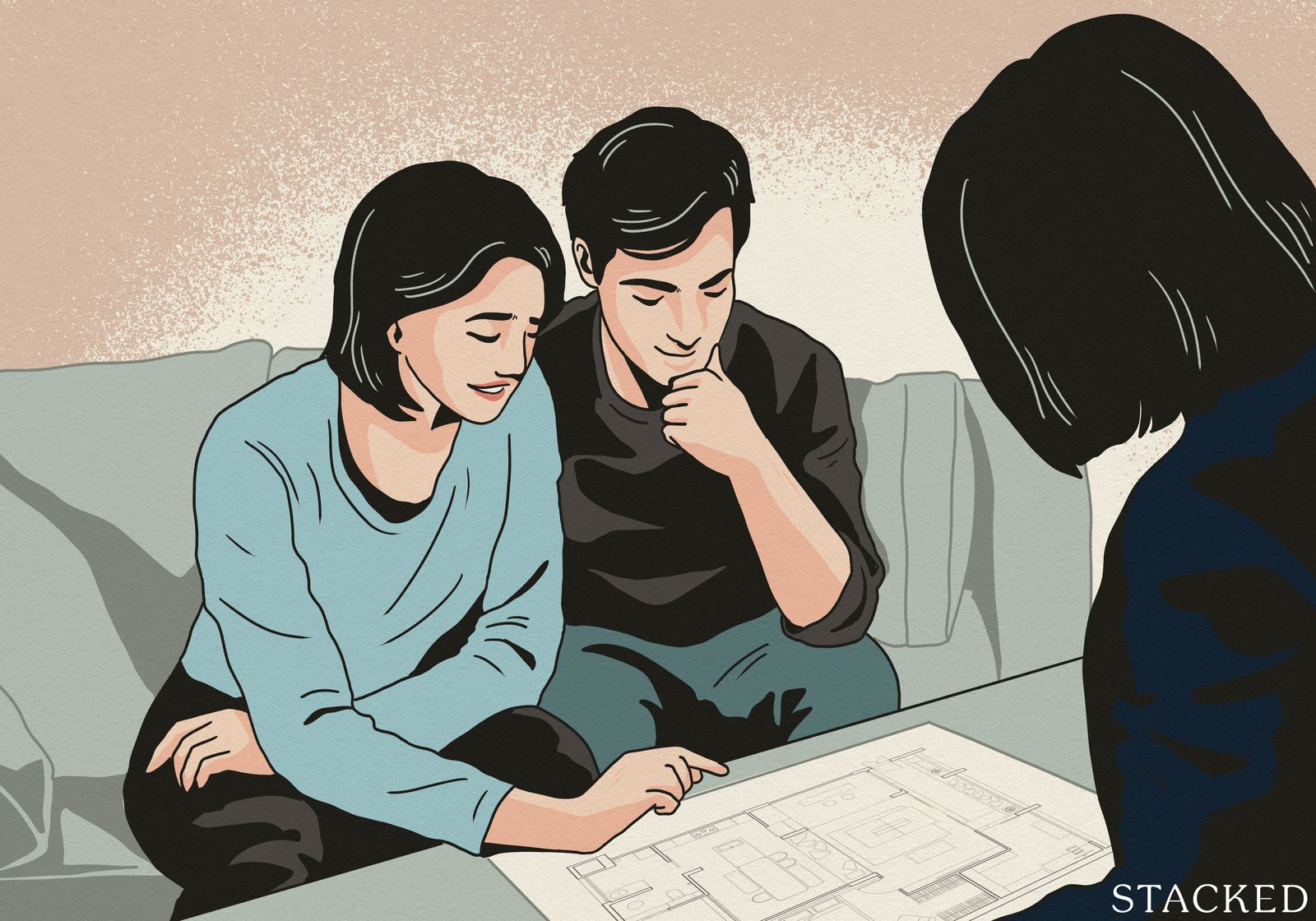
Property Advice We Ranked The Most Important Things To Consider Before Buying A Property In Singapore: This One Came Top
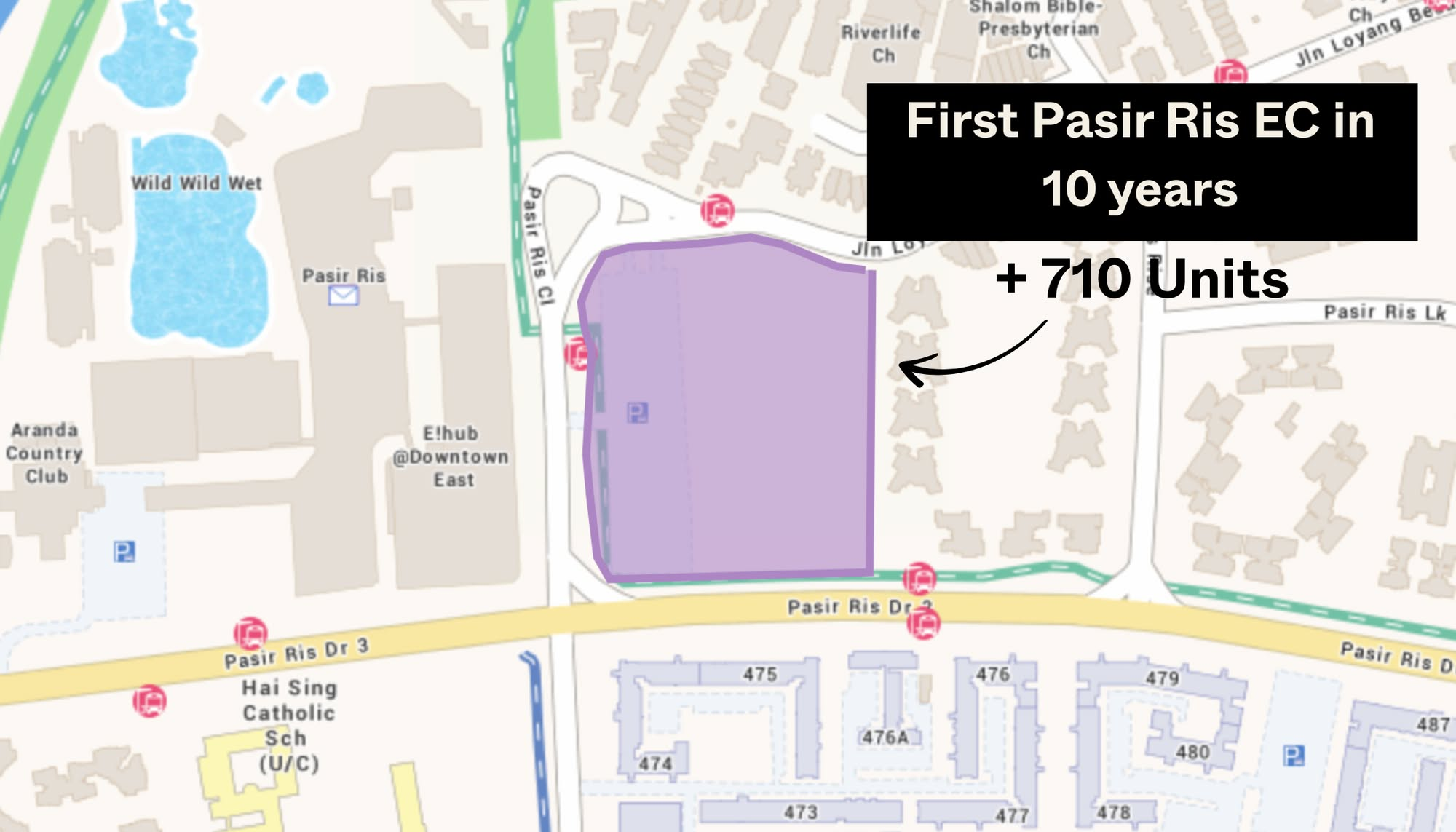
Property Market Commentary This Upcoming 710-Unit Executive Condo In Pasir Ris Will Be One To Watch For Families
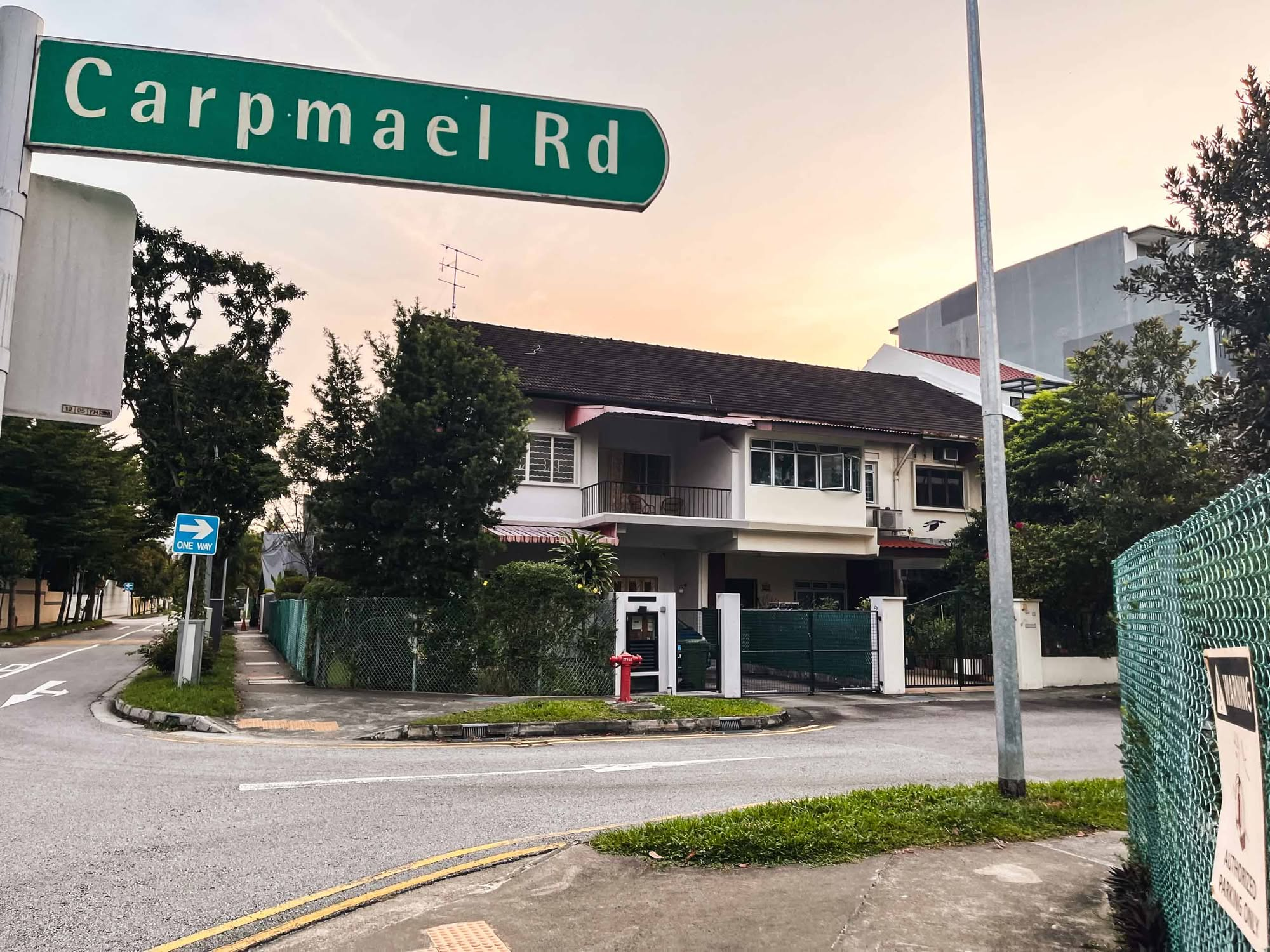
Editor's Pick Where To Find Freehold Terrace & Semi-D Landed Homes From $4.85 million In The East
